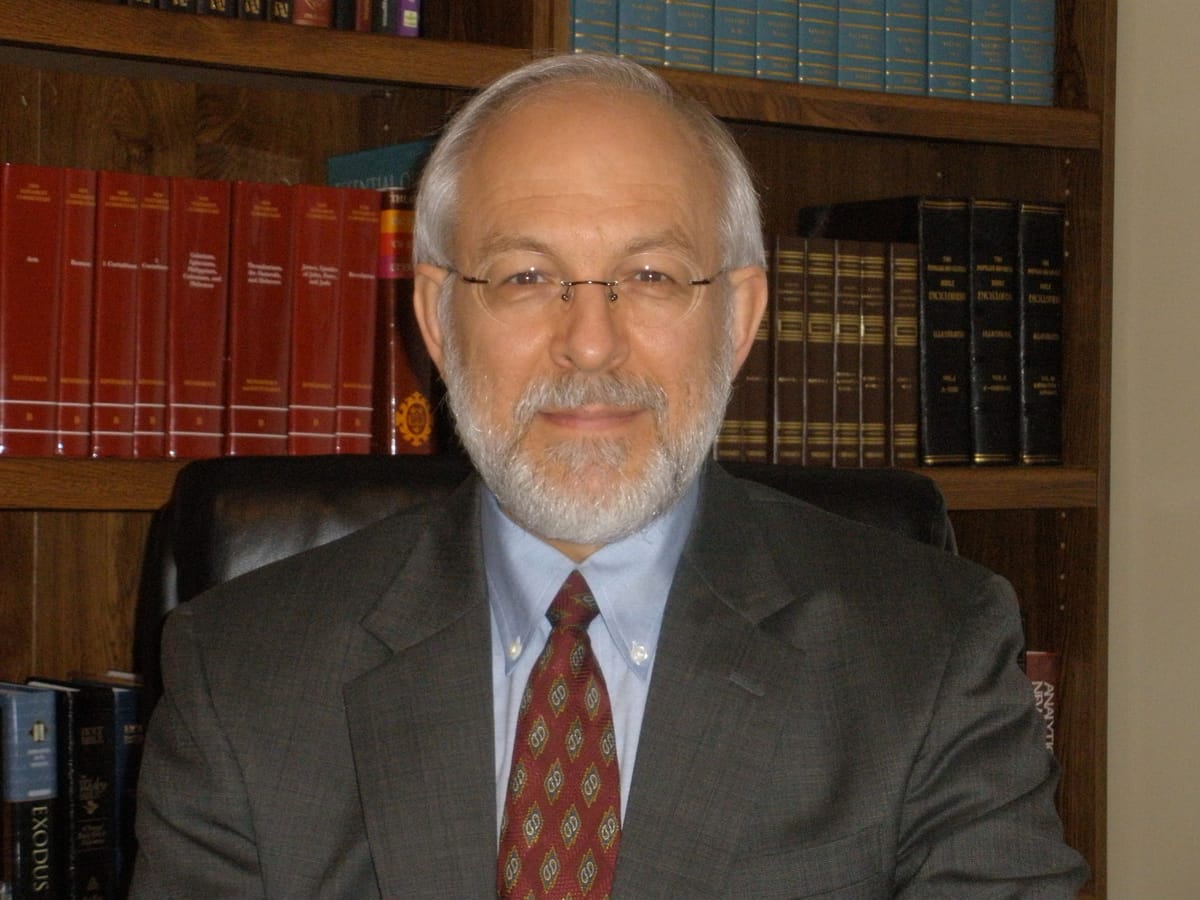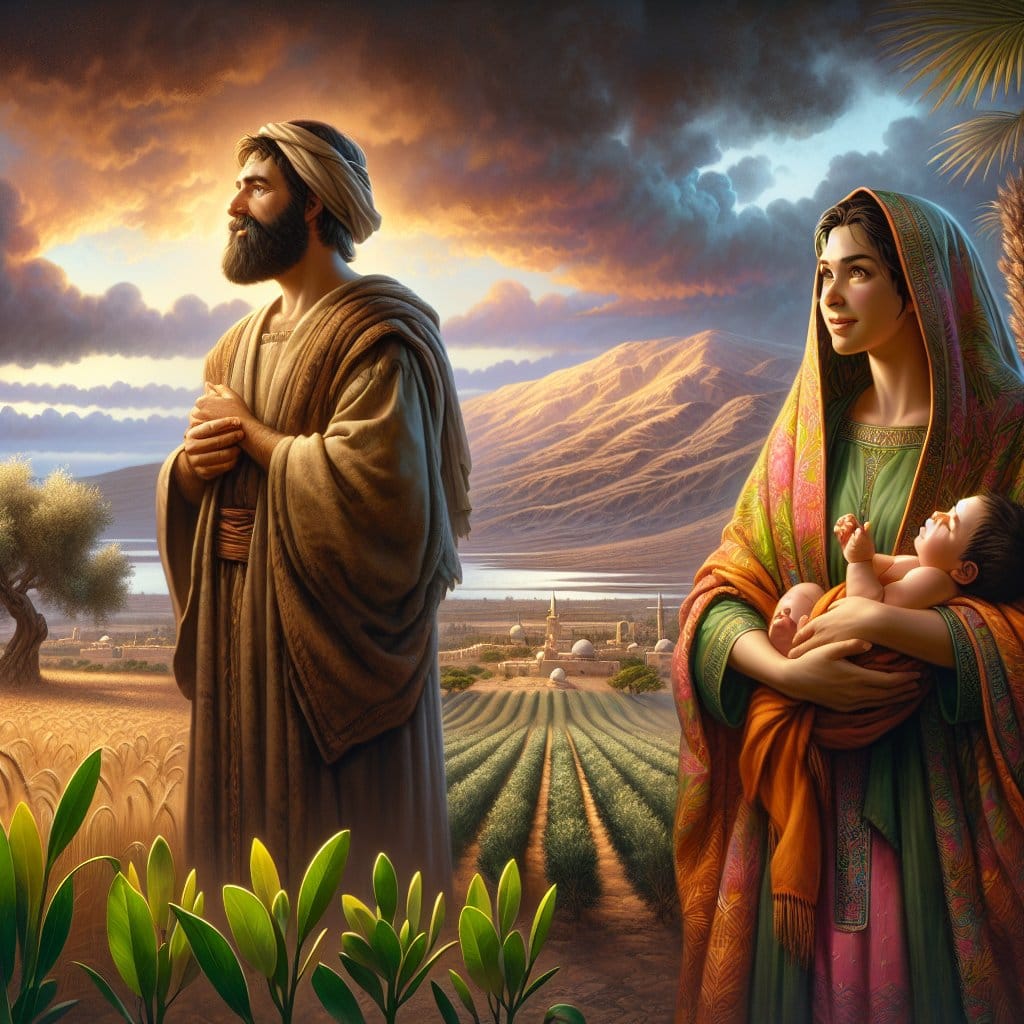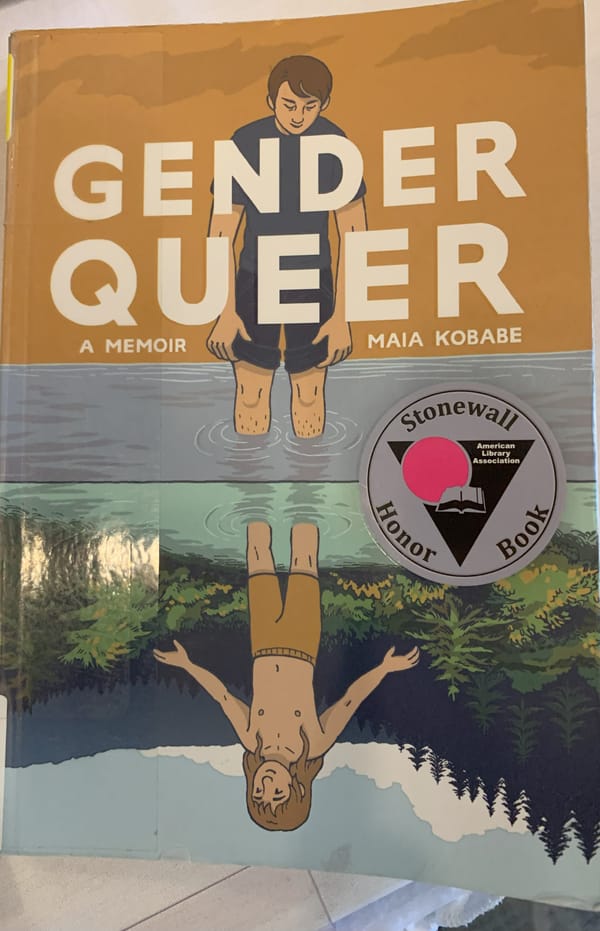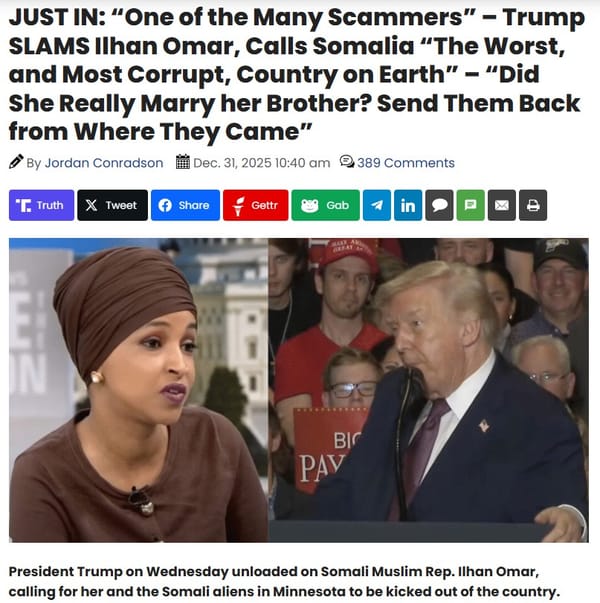Ruth 3:8, 9a And it came to pass at midnight that the man was afraid and turned himself and behold a woman lay at his feet. And he said, Who art thou? And she answered, I am Ruth, thine handmaid, …
The New International Version renders the word “handmaid” as “servant.” Who are the servant people?
In Isaiah, God says: Israel is my servant.
Isaiah 41:8 But thou, Israel, art my servant, Jacob whom I have chosen, the seed of Abraham my friend.
9 Thou whom I have taken from the ends of the earth, and called thee from the chief men thereof, and said unto thee, Thou art my servant; I have chosen thee, and not cast thee away.
Here Ruth says: I am your servant. She is that Firstfruits Company of Israel again. Ruth continued speaking to Boaz:
Ruth 3:9b And he said, Who art thou? And she answered, I am Ruth thine handmaid: spread therefore thy skirt over thine handmaid; for thou art a near kinsman.
This act of a man’s spreading his garment over a woman was a custom commonly understood to mean that the man not only would protect the woman but that he was taking her to wife.
So here Ruth is accepting the redemption available through her kinsman. And it signifies marriage of the Firstfruits Company to Christ.
Ruth 3: 10: And he said, Blessed be thou of the LORD [YHWH], my daughter: for thou hast shewed more kindness in the latter end than at the beginning, inasmuch as thou followedst not young men, whether poor or rich.
The “young men” would be a reference to the false gods whom Ruth’s kinfolk in Moab had followed after. It represents the rest of Israel in idolatry. Ruth has not run after the other gods like the rest of Israel is doing.
The idolatry ultimately became the cause for Yahweh divorcing Israel some centuries later. God says idolatry equals adultery, and therefore God divorced Israel. But Ruth did not run after the young men; she desired the lawful relationship with Boaz. Next, we find Boaz reassuring Ruth of his intentions.
Ruth 3: 11-13: And now, my daughter, fear not; I will do to thee all that thou requirest: for all the city of my people doth know that thou art a virtuous woman.
And now it is true that I am thy near kinsman: howbeit there is a kinsman nearer than I.
Tarry this night, and it shall be in the morning, that if he will perform unto thee the part of a kinsman, well; let him do the kinsman’s part: but if he will not do the part of a kinsman to thee, then will I do the part of a kinsman to thee, as YHWH liveth: lie down until the morning.
Boaz has told Ruth of his intent, but he explains that there is one little hitch, one little formality that must be performed first. He tells her that actually there is another man who has the first right of redemption.
So that man must be given the opportunity to perform the role of kinsman redeemer before Boaz can have the legal right to perform it. We will discover shortly who that man with the first redemption rights represents. Meanwhile, Ruth stays the night sleeping under the protection of, and at the feet of Boaz.
Ruth 3:14 And she lay at his feet until the morning: and she rose up before one could know another. And he said, Let it not be known that a woman came into the floor.
Notice that Ruth and Boaz did nothing immoral here. This scene is laden with deep prophetic significance. First of all, it is night. The Barley Company is betrothed to Christ while it is yet night.
Remember the parable of the Ten Virgins? Behold! The bridegroom cometh—at midnight! The Barley Company are ripe and ready to be harvested. The five foolish virgins—the Wheat Company—are neither ripe nor ready.
Further, this scene occurs at the threshing floor. Ruth (the Barley Company) has not yet entered into the dwelling place of Boaz-Christ. At the threshing floor, remember that the barley is not threshed, only winnowed—only subjected to the winds of the Holy Spirit in order to remove the chaff.
Moreover, verse 14 tells us that Ruth arose before dawn (“before one could know another”). Does this mean that those in the Barley Company would not be recognized by people at large? Boaz even cautions Ruth not to tell anyone she was there. Then, before he sends Ruth back to Naomi at dawn, Boaz gives her some food; and of course, we are not surprised that once again it is barley.
Ruth 3:15 Also he said, Bring the vail that thou hast upon thee, and hold it. And when she held it, he measured six measures of barley, and laid it on her: and she went into the city.
He gave her six measures of barley. Once again it totally identifies Ruth with barley. But why six measures? One commentator has said that this perhaps represents the six days of work—you shall labor six days and on the seventh day you shall rest.
Here is Ruth on the sixth day, right before she will be redeemed and about to go into her rest; in other words, the sabbath rest where Boaz will then provide for her every need.
Similarly, it will be the Barley Company who first enters into the rest of God. It is they first who desire to take His yoke upon themselves and learn to be like Him, and they will find rest for their souls. (Matthew 11:28, 29)
It is also significant that the six measures is twice what Ruth had obtained by gleaning on her own. (Six measures equals two ephahs. Cf. chap. 2, v. 17) We work so hard on our own to obtain half as much. If we rest in Christ’s redemption, He will give us a double portion.
The double portion would also be what God’s law requires to be given to the firstborn, hence, to the Firstfruits Company (Deuteronomy 21:17). It would also be again in keeping with the theme of rest, since food supplies were to be doubled on the day before the sabbath rest commenced.
Ruth 3:16 And when she came to her mother in law, she said, Who art thou, my daughter? And she told her all that the man had done to her.
17 And she said, these six measures of barley gave he me; for he said to me, Go not empty unto thy mother in law.
18 Then said she, sit still, my daughter, until thou know how the matter will fall: for the man will not be in rest, until he have finished the thing this day.
So here we see that Ruth is about to be redeemed, at what time of year? At the time of the barley harvest, at the time of Passover and the Feast of Unleavened Bread, which included the Wave Sheaf Offering: the priest waving a sheaf of barley before Yahweh. (Leviticus 23:11).
Ruth 4: 1 Then went Boaz up to the gate, and sat him down there:
In ancient Israel, the town gate was the equivalent of our modern courthouse. It was the place where the official business of the community was transacted. Continuing in verse 1:
and, behold, the kinsman of whom Boaz spake came by; unto whom he said, Ho, such a one! turn aside, sit down here. And he turned aside and sat down.
Ruth 4:2 And he took ten men of the elders of the city, and said, Sit ye down here. And they sat down.
Now think about this: Boaz is a type of Christ, but Christ or Boaz said there is somebody closer in kinship who has the first right of redemption. Keep that in mind as we see how Boaz (Christ) explains the situation to the man with the first right of redemption:
Ruth 4:3 And he said unto the kinsman, Naomi, that is come again out of the country of Moab, selleth a parcel of land, which was our brother Elimelech’s:
4 And I thought to advertise [i.e.., inform, advise] thee, saying, Buy it before [in the presence of] the inhabitants, and before the elders of my people. If thou wilt redeem it, redeem it: but if thou wilt not redeem it, then tell me, that I may know: for there is none to redeem it beside thee; and I am after thee. And he said, I will redeem it.
Now that’s puzzling isn’t it? Here is Christ, theoretically saying that He is second in line. Who could it be that has that first right of redemption? And here we see that when Boaz advises him that their kinsman Naomi has her field up for sale, the man’s first response is: “I’ll do it.” But then, Boaz tells him there are other duties and obligations which come with the deal:
5 Then said Boaz, What day thou buyest the field of the hand of Naomi, thou must buy it also of Ruth the Moabitess, the wife of the dead, to raise up the name of the dead upon his inheritance.
As long as the kinsman of first right thought he was only redeeming a field, he was willing to do it. This, by the way, was in keeping with the laws of Jubilee found in Leviticus 25:24-28. Naomi had become poor and was exercising her right to lease the remaining years of use until the next Jubilee year, at which time the property would revert to her.
But now Boaz informs the man that not only does the deal include the use of the land, but since there is a young widow (Ruth) whose deceased husband was childless, the duty of the kinsman-redeemer also includes marrying the widow in order to raise up a son who can inherit the deceased man’s name and property. (Deuteronomy 25:5-10) This, the kinsman-of-first-right was unable to do.
As I stated before, Ruth was not a Moabitess by ancestry, but only by geography. By ancestry, she was an Israelite; and to add further evidence that she had to be, consider the allegorical application now.
We know from the parable of the sower that Jesus identified the field as symbolizing the world (Mathew 13:38). He also revealed (Matthew 13:44) that there is a treasure in the field (i.e., in the world). God’s special and peculiar treasure is Israel (Exodus 19:5). Israel has been hidden in the world. And true Israel is still hidden! The nation-state of “Israel” in the old promised land is an impostor, fulfilling Bible prophecy, yes, but not prophecy of Israel, but of Edom.
The Son of God incarnated as a man and paid the price at Golgotha to buy the field. But the parable of Matthew 13:44 makes it clear that He bought the whole field in order that he might legally obtain the treasure which was hidden in the field.
Do you see the perfect analogy and parallel here with Boaz and Ruth? “For God so loved the world” that He bought the whole world, the whole field, in order to get the treasure, Israel. Here Boaz, Christ, is willing and able to purchase the field and in so doing, he obtains legal right to have Ruth (Israel) to wife, and “to raise up seed.”
The northern House of Israel had been divorced by Yahweh (Jeremiah 3:8) for idolatry (spiritual adultery). When Christ died, she became a widow as well. In Isaiah 54 we read this prophecy of Israel:
Isaiah 54:4 Fear not; for thou shalt not be ashamed: neither be thou confounded; for thou shalt not be put to shame: for thou shalt forget the shame of thy youth, and shalt not remember the reproach of thy widowhood any more.
5 For thy Maker is thine husband; YHWH of hosts is his name; and thy Redeemer the Holy One of Israel; The God of the whole earth shall he be called.
Christ is the bridegroom; Israel is the bride. By this spiritual union, many sons will be brought to glory (Hebrews 2:10). Not only that, these sons will inherit their Father’s name (Christian), and they will inherit the world and all things (Matthew 5:5, Revelation 21:7).
Now let us observe how the first-in-line relative responded when confronted with the fact that he must “raise up seed” with Ruth.
Ruth 4:6 And the kinsman said, I cannot redeem it for myself, lest I mar mine own inheritance: redeem thou my right to thyself; for I cannot redeem it.
The kinsman with the first right represents the first Adam! Adam fell into sin and mortality. Henceforth, he was unable to redeem his fallen progeny into a sinless state that they might inherit immortality. He could not redeem the world, let alone the special treasure Israel.
So he stepped aside and welcomed the second-in-line (the last Adam—Christ) to perform the redemption. Christ was the only one who could perform it. Nothing is mentioned of any other relatives to serve as kinsman-redeemer in the story of Ruth.
In fact, Boaz had said in verse 4, that “there is none to redeem it beside thee.” If Adam couldn’t do it, then neither could any of his sin-stained mortal offspring. Only the sinless Son, the Barley Wave Sheaf Offering, the First of the Firstfruits, only Jesus Christ, could do it.
Ruth 4:7 Now this was the manner in former time in Israel concerning redeeming and concerning changing, for to confirm all things; a man plucked off his shoe, and gave it to his neighbor: and this was a testimony in Israel.
8 Therefore the kinsman said unto Boaz, Buy it for thee. So he drew off his shoe.
9 And Boaz said unto the elders, and unto all the people, Ye are witnesses this day, that I have bought all that was Elimelech’s, and all that was Chilion’s and Mahlon’s, of the hand of Naomi.
10 Moreover Ruth the Moabitess, the wife of Mahlon, have I purchased to be my wife, to raise up the name of the dead upon his inheritance, that the name of the dead be not cut off from among his brethren, and from the gate of his place: ye are witnesses this day.
Thus we see that by his purchase of the field, Boaz obtains the legal right to take Ruth to wife. The marriage of Boaz to Ruth symbolizes and is reflected in the scene John sees in vision in Revelation 19:7- 9, the marriage supper of the Lamb to Israel, the bride.
Ruth 4: 11 And all the people that were in the gate, and the elders, said, We are witnesses. YHWH make the woman that is come into thine house like Rachel and like Leah, which two did build the house of Israel: and do thou worthily in Ephratah, and be famous in Bethlehem:
What a wonderful prophecy! Here are these witnesses saying, may this woman Ruth be like Rachel and Leah, who were what? They were the original wives of Jacob-Israel who began the house of Israel in the fallen state, the corruptible flesh bodies.
And here is Ruth with Boaz representing Israel having been redeemed. She, with Christ as the Husband, then raise up spiritual seed to fill that redeemed house of Israel with many children who shall inherit incorruptible bodies! Their prophecy continues:
12 And let thy house be like the house of Pharez, whom Tamar bare unto Judah, of the seed which YHWH shall give thee of this young woman.
The Judah-Pharez line is the one through which the Savior came.
13 So Boaz took Ruth, and she was his wife: and when he went in unto her, YHWH gave her conception, and she bare a son.
14 And the women said unto Naomi, Blessed be YHWH, which hath not left thee this day without a kinsman, that his name may be famous in Israel.
On the surface this is a prophecy about this first son, Obed. But it is also a long term prophecy of Christ. “Let him be famous in Israel” Can anyone in the world compare with the fame of Jesus Christ? And what else did they prophesy about the ultimate offspring of Boaz and Ruth, Christ the Savior?
15 And he shall be unto thee a restorer of thy life, and a nourisher [sustainer] of thine old age: for thy daughter in law, which loveth thee, which is better to thee than seven sons, hath born him.
As the natural barley is a most nutritious product for rejuvenating our physical bodies and sustaining physical health, so on the allegorical level, the Savior indeed and literally restores our physical life in the resurrection and sustains us in our “old age,” though we be in eternity a million years old, we will be sustained for we will have been redeemed to everlasting life by the Barley FirstFruit, the Wave Sheaf Offering, Christ our Lord, Savior, Kinsman-Redeemer, and King.
16 And Naomi took the child, and laid it in her bosom, and became nurse unto it.
17 And the women her neighbors gave it a name, saying, There is a son born to Naomi; and they called his name Obed: he is the father of Jesse, the father of David.
So as I said at the outset, this was happening in the time of the judges at about 1150 B.C., and we know that Ruth, through Obed and Jesse was the great grandmother of David.
Furthermore, about 1150 years later—in that very field near Bethlehem where Ruth had gleaned barley—shepherds heard the angelic chorus singing, Glory to God in the Highest!
They heralded the birth of the Last Adam, the Greater Boaz, the Greater David, the King of Kings, who was to offer Himself as the Barley Wave Sheaf Offering for the purchase of the world and for the ransom of His treasure, Israel.
In so doing, He made possible His remarriage to Israel, with whom He will generate spiritual offspring who will inherit all things, including endless, sinless life. Thus ends the story of Ruth, the Barley Bride.
(The Barley in the Bible series will be continued.)
~END~




